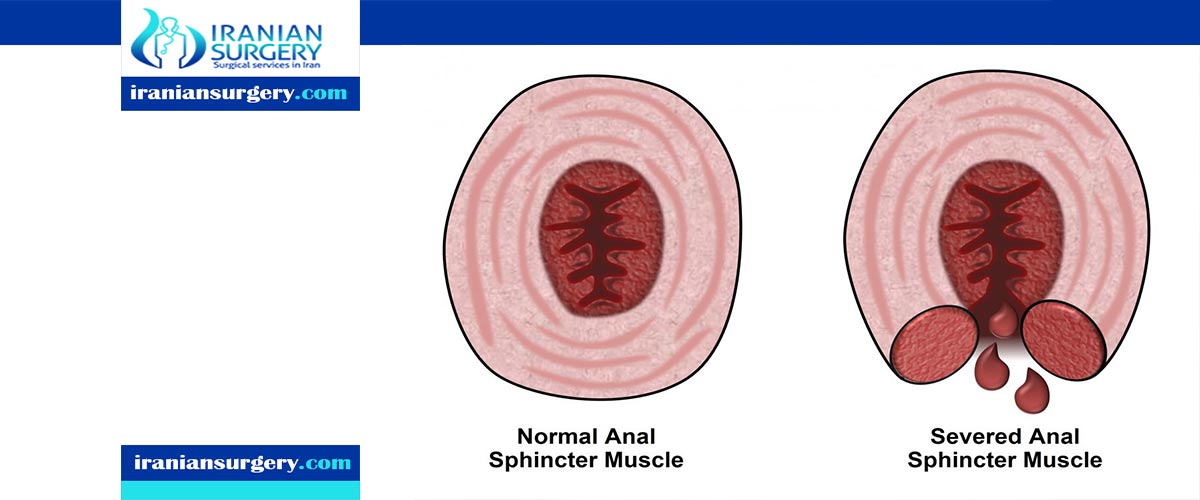Bowel Incontinence

What is the Bowel Incontinence?
Fecal incontinence
- medicine
- surgery
- minimally invasive procedures
Talking to your doctor is the first step toward freedom from bowel incontinence.
Causes of Bowel Incontinence
The most common cause of bowel incontinence is damage to the muscles around the anus (anal sphincters). Vaginal childbirth can damage the anal sphincters or their nerves. That's why women are affected by accidental bowel leakage about twice as often as men.
Anal surgery can also damage the anal sphincters or nerves, leading to bowel incontinence.
There are many other potential causes of bowel incontinence, including:
- Diarrhea (often due to an infection or irritable bowel syndrome)
- Impacted stool (due to severe constipation, often in older adults)
- Inflammatory bowel disease (Crohn's disease or ulcerative colitis)
- Nerve damage (due to diabetes, spinal cord injury, multiple sclerosis, or other conditions)
- Radiation damage to the rectum (such as after treatment for prostate cancer)
- Cognitive (thinking) impairment (such as after a stroke or advanced Alzheimer's disease)
More than one cause for bowel incontinence is frequently present. It's also not unusual for bowel incontinence to occur without a clear cause.
Diagnosis of Bowel Incontinence
Discussing bowel incontinence may be embarrassing, but it can provide clues for a doctor to help make the diagnosis. During a physical examination, a doctor may check the strength of the anal sphincter muscle using a gloved finger inserted into the rectum.
Other tests may be helpful in identifying the cause of bowel incontinence, such as:
Stool testing. If diarrhea is present, stool testing may identify an infection or other cause.
Endoscopy. A tube with a camera on its tip is inserted into the anus. This identifies any potential problems in the anal canal or colon. A short, rigid tube (anoscopy) or a longer, flexible tube (sigmoidoscopy or colonoscopy) may be used.
10 common question about Bowel Incontinence
[kkstarratings]


